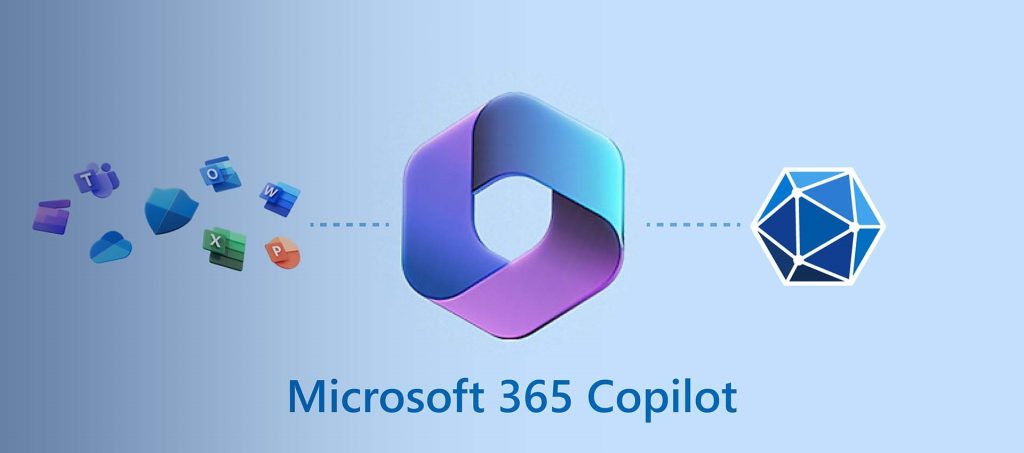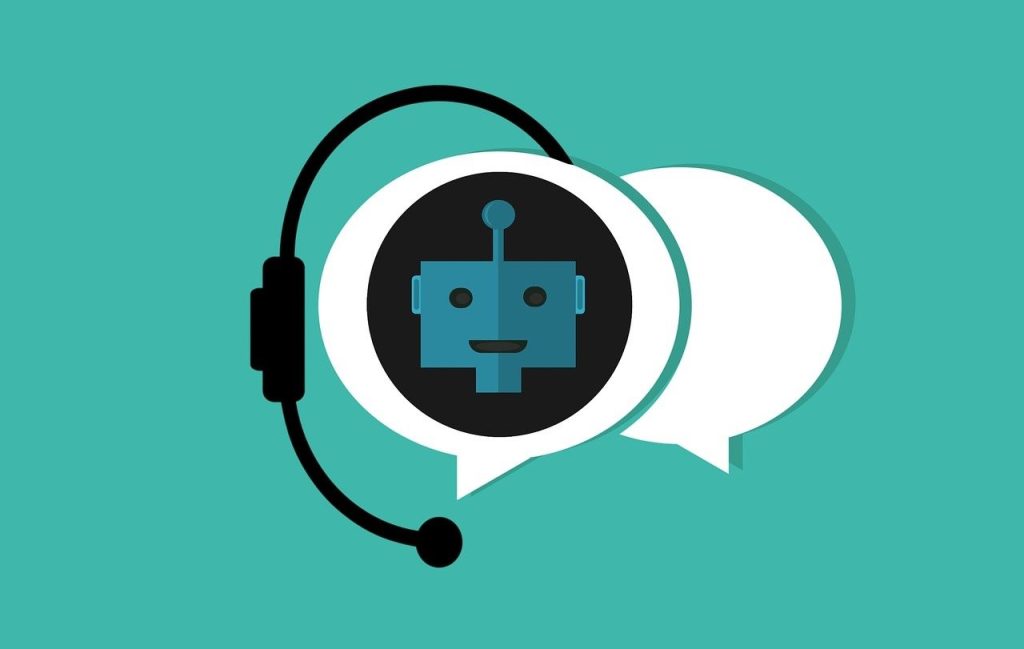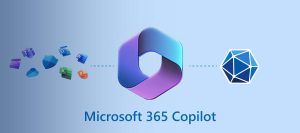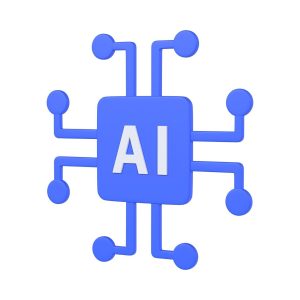Chat GPT is an AI-based chatbot that uses a deep learning model to generate natural-sounding responses to questions posed by users has the potential to revolutionize the field of learning and development by providing personalized and on-demand learning, up-to-date and relevant information, improved efficiency, and increased accessibility. In this article, I will explain how it works, and how it can be leveraged for learning purposes.
By clicking here viewers can read my previous article and have an insight into chat GPT.
How can Chat GPT be used for learning?
Chat GPT has many applications for learning and development. Here are some examples of how Chat GPT can be used for learning purposes:
- Personalized tutoring: Chat GPT can provide personalized tutoring to learners based on their needs, preferences, and goals. Chat GPT can assess the learner’s current level of understanding, provide feedback and guidance, suggest learning resources, and monitor progress.
- Interactive lectures: Chat GPT can interact with students in lectures by answering questions, clarifying concepts, providing examples, and stimulating discussion. Chat GPT can also generate quizzes and exercises to check to understand and reinforce learning.
- Research assistance: Chat GPT can help students with research projects by providing relevant information, sources, citations, and summaries. Chat GPT can also help students with writing skills by generating outlines, drafts, revisions, and proofreading.
- Career guidance: Chat GPT can help students with career planning by providing advice based on their majors, courses, internships, jobs, and skills. Chat GPT can also help students with resume writing, interview preparation, and networking.
What are the benefits and challenges of using Chat GPT for learning?
Using Chat GPT for learning has many benefits, such as:
- Personalization: Chat GPT can tailor the learning experience to each individual learner’s needs, priorities, and goals.
- Accessibility: Chat GPT can provide access to learning anytime, anywhere, and on any device.
- Engagement: Chat GPT can make learning more interactive, fun, and motivating by using natural language, humor, and emotion.
- Efficiency: Chat GPT can save time and resources by automating and streamlining some aspects of learning.
However, using Chat GPT for learning also has some challenges, such as:
- Reliability: Chat GPT has the potential to generate inaccurate or biased information that may mislead or confuse learners.
- Ethics: Chat GPT can pose ethical issues such as privacy, security, and plagiarism.
- Accountability: Chat GPT can reduce human involvement and responsibility in the learning process.
- Critical thinking: Chat GPT can discourage critical thinking and creativity by providing ready-made answers and solutions.
How can educators use Chat GPT wisely?
Chat GPT is a powerful tool that can enhance education, but at the same time, it requires careful and responsible use. Here are some tips for educators who want to use Chat GPT wisely:
- Stick to the relevant requirement that matches your area of expertise with clear goals and expectations for using Chat GPT in your learning context.
- Select appropriate data and tasks for fine-tuning and testing Chat GPT for your learning domain.
- Monitor and evaluate the quality of Chat GPT regularly and provide feedback and corrections as needed.
- Educate your learners about the benefits and limitations of using Chat GPT and how to use it ethically and effectively.
- Encourage your learners to practice digital literacy by verifying and validating the information they receive from Chat GPT.
- Adopt critical thinking and creativity by challenging your learners to ask questions, explore alternatives, and generate their own ideas.
I hope this article has given you a brief introduction to the learning potential of Chat GPT and how AI can improve education.

















